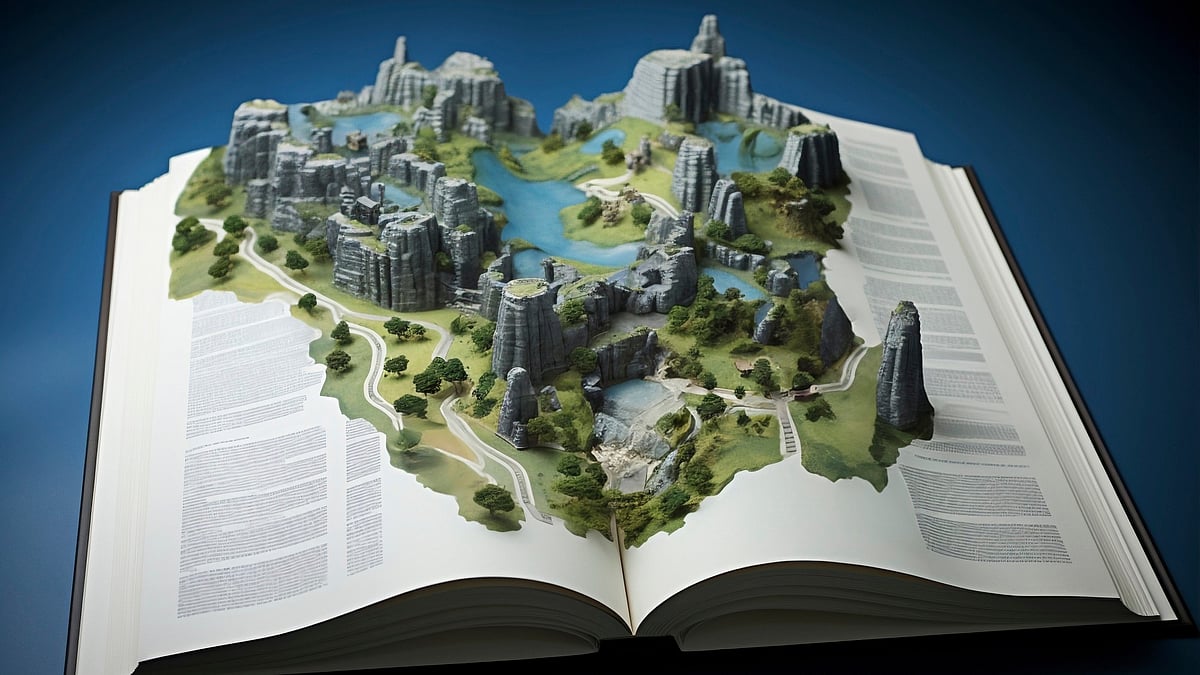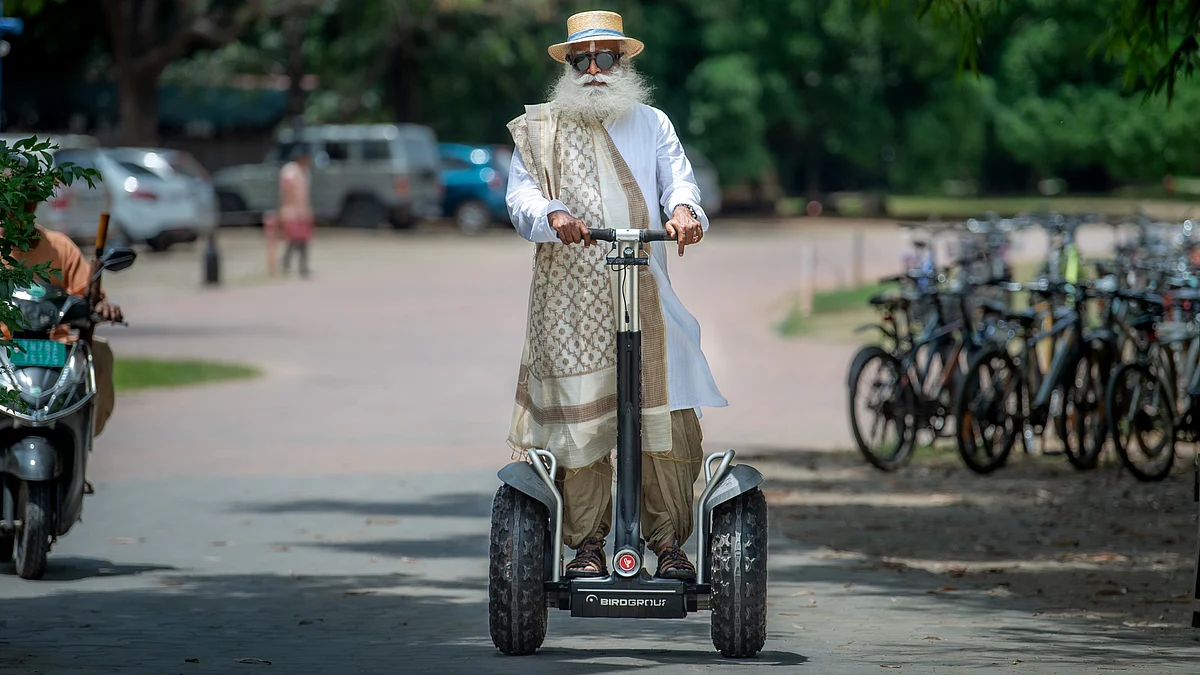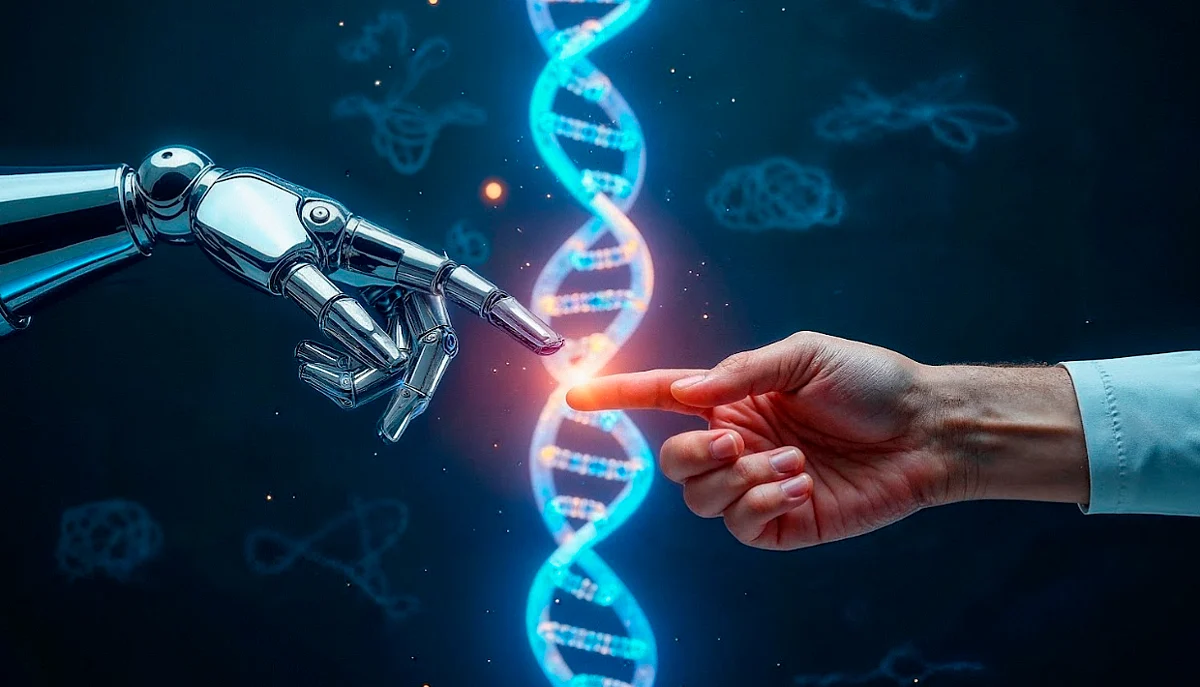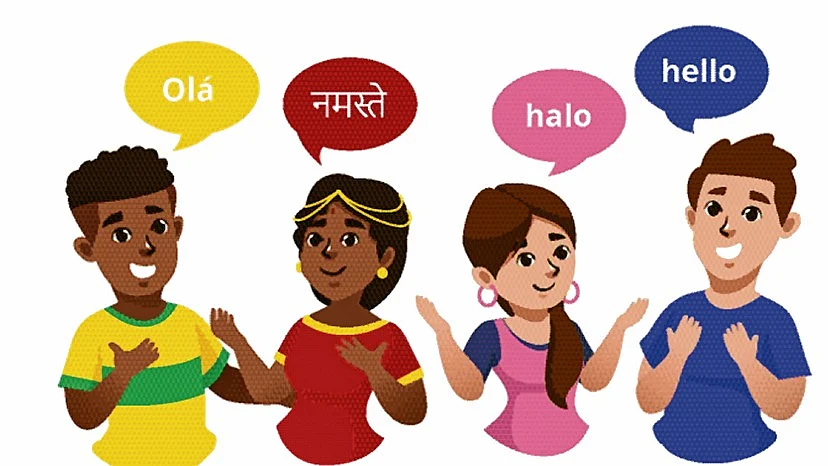The advent of artificial intelligence (AI) has revolutionised the way we access and consume information, leading to a sharp decline in the use of traditional encyclopedias. Once considered the ultimate source of knowledge, encyclopedias have been overshadowed by AI-driven platforms that offer instant, comprehensive, and interactive information. Here’s how this shift is reshaping our present and future.
Human curiosity has always been the root of all inventions—it gave us fire, the wheel, and even the theory of evolution. Today, satisfying that curiosity is simpler and faster thanks to AI. While artificial intelligence is extending its influence across industries worldwide, a quiet decline has taken place in the domain where prestigious encyclopedias once reigned supreme. But does their demise come without consequences?
AI has transformed how we access, understand, and interact with information—fundamentally reshaping our relationship with knowledge itself. Today’s encyclopedias are largely relics of a bygone era, replaced by the immediacy, dynamism, and personalisation that AI brings to our information landscape. Communications professional Rachana Parekh shared her thoughts: “In the age of artificial intelligence, where information is available at the click of a finger—with real-time updates, vast knowledge bases, and personalised learning experiences—encyclopedias are a thing of the past. They’re limited, not updated to reflect today’s evolving world, and physical books simply aren’t convenient anymore.”
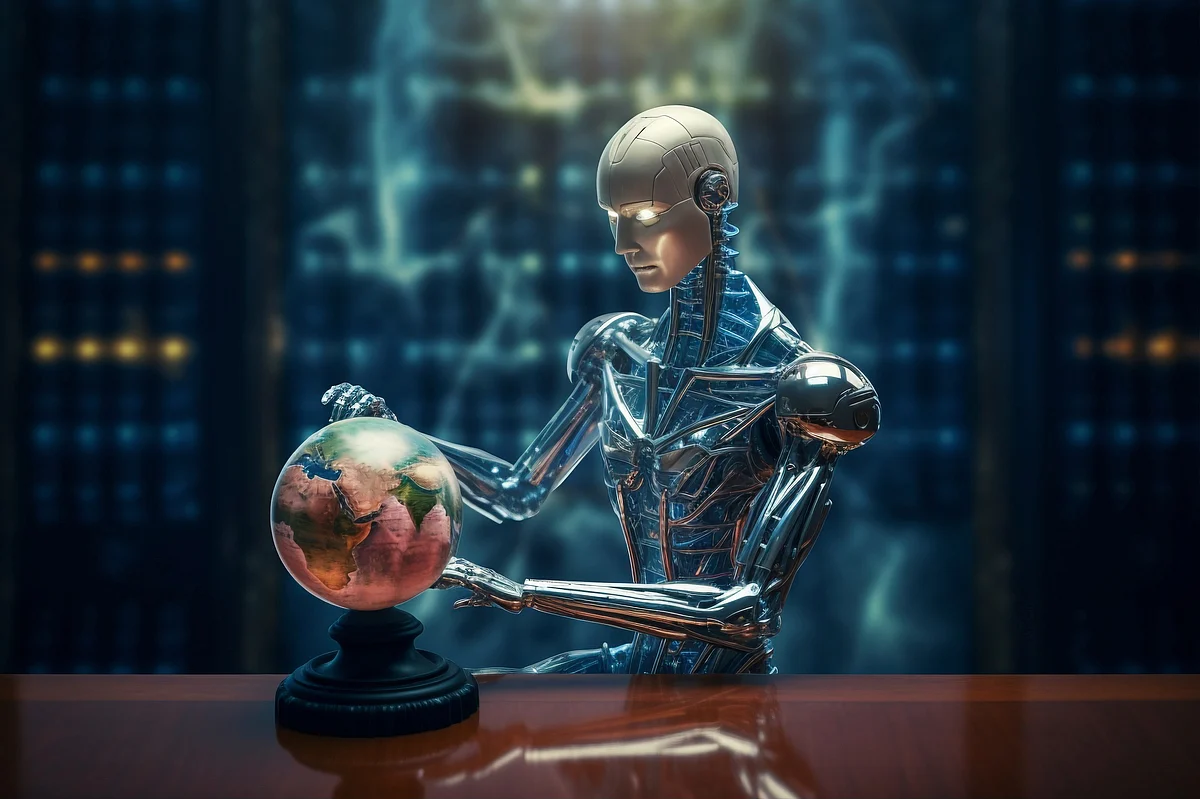
.jpg)
Dr. Ashish S. Hattangdi, Assistant Professor at the University of Mumbai’s Alkesh Dinesh Mody Institute for Financial and Management Studies, echoed Ms. Parekh’s sentiments, “Artificial intelligence is a tool that can both complement and replace other tools. Encyclopedias, in paper format, satisfied our curiosity in childhood. Later, they became available in digital form on computers and the internet. But now, can they compete with AI? AI delivers knowledge in user-friendly formats with just a click, personalising it in terms of language, abilities, and even sensory inputs. Plus, it’s portable—you can carry it in your smartphone wherever you go. I believe encyclopedias integrating AI will be the next step in making knowledge available on demand.”
Despite the many advantages of AI, the transition from traditional encyclopedias to AI-driven information sources is not without challenges. Concerns about accuracy, bias, and the potential for misinformation remain. Advanced AI models can sometimes propagate errors or reflect the biases in their training data.
Highlighting these concerns is German language expert Maithili Ginde, “Over the past 3–4 years, I’ve seen school students use AI tools like ChatGPT to create essays and emails with such finesse that even students at advanced levels might struggle to match them. Thanks to prompts, they just type in keywords, select the word count and the vocabulary level—and voilà, an essay in seconds. Some apps even rephrase AI-generated texts to hide that AI was used at all.”
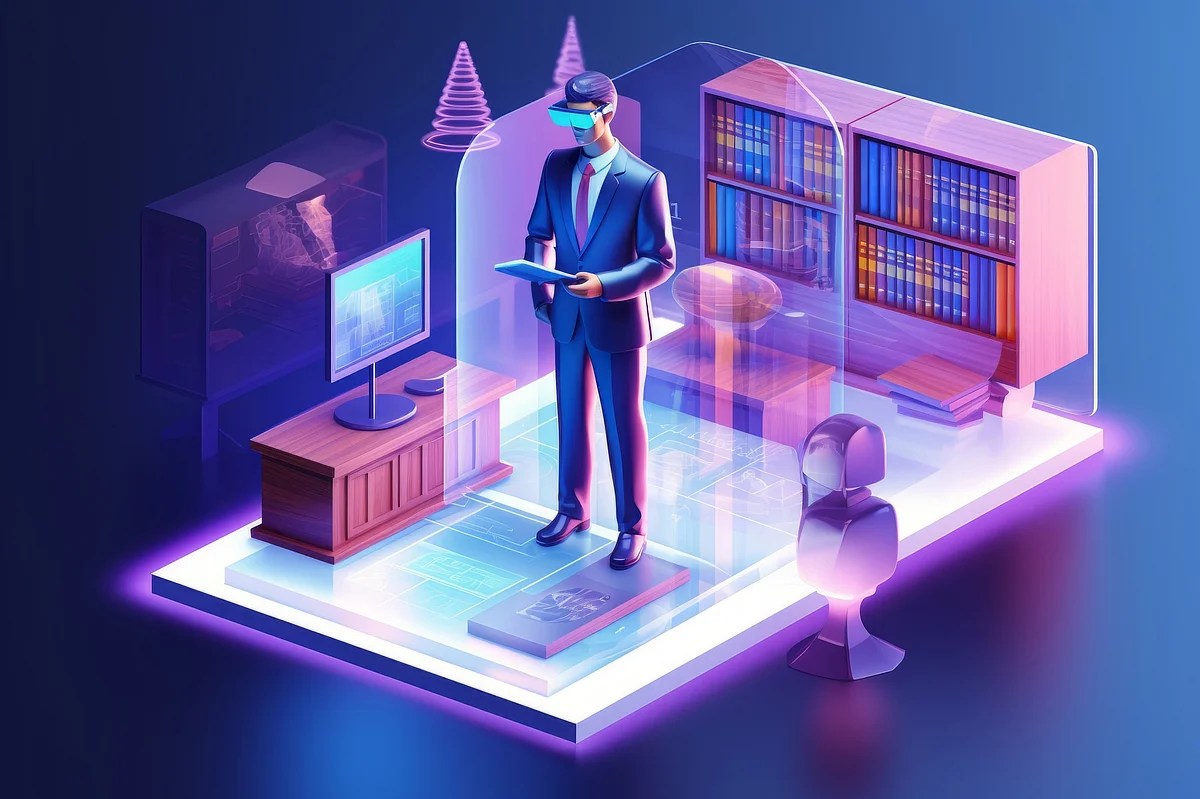
.jpg)
With 14 years of teaching experience, Ginde is wary of this technological advance, “Although students feel they’ve found a shortcut, they’re paying a huge price. Even simple texts—like My School, My Daily Life, or An Unforgettable Vacation—seem challenging without an AI tool. Role-play dialogues in class? Forget it. They struggle, get frustrated, and eventually give up on trying. It feels like AI tools are killing the skill to learn, robbing them of their curiosity and creativity. Some even seem addicted.”
While encyclopedias may be relegated to history, their legacy endures. The meticulous research, commitment to accuracy, and respect for scholarship that defined the best encyclopedias are values we must carry forward into the AI era. AI isn’t simply replacing encyclopedias—it’s transforming the very nature of how we acquire, process, and share knowledge.
In this context, even libraries—once bustling centers of learning—are facing challenges. Parth Shah, founder of Dreambaux Libraries, reflects, “In the last ten years, technology has changed everything. I’ve been running a library for almost a decade now, and every day I see how AI has completely transformed the way students study. Earlier, when they had to make projects, they’d search for encyclopedias—Britannica, Oxford, or others—flip through pages, underline, highlight, and make notes. That journey created a connection. Now, they just pull out their phones and copy-paste entire projects from ChatGPT. It’s fast and incredibly convenient.”
Yet Shah also sounded a note of caution. “But somewhere along the way, the essence of learning—the process—has been diluted. People don’t really read for research any more. At Dreambaux Library, we try to ensure we’re not just a space full of books, but a space full of thought. A place where people can pick up a book, feel at peace, enjoy reading—where kids reduce screen time and, like in the old days, build patience through reading. We still use AI, but in balance, to stay in touch with the modern world.”
.jpg)
Encyclopedias, once the pinnacle of human knowledge, are now largely relics of the past. AI has revolutionised our relationship with information, making it instant, dynamic, and personal. While we celebrate the advances AI brings, we must also remain vigilant—ensuring that this new era of knowledge remains grounded in truth, fairness, and respect for the diversity of human experience.
In this sense, the encyclopedia may be gone from our bookshelves, but its spirit—our enduring quest for understanding—lives on, magnified and transformed by the power of AI. The torch has passed from the leather-bound volumes of yesteryear to the algorithms of today, carrying humanity’s thirst for knowledge into an ever more interconnected and intelligent future.
